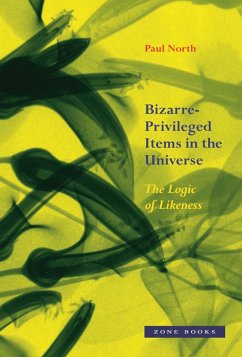
The Order of Things (eBook, ePUB)
An Archaeology of Human Sciences
Versandkostenfrei!
Sofort per Download lieferbar
8,95 €
inkl. MwSt.
Weitere Ausgaben:

PAYBACK Punkte
4 °P sammeln!
In the work that established him as the most important French thinker since Sartre, Michel Foucault offers startling evidence that "man"-man as a subject of scientific knowledge-is at best a recent invention, the result of a fundamental mutation in our culture. With vast erudition, Foucault cuts across disciplines and reaches back into seventeenth century to show how classical systems of knowledge, which linked all of nature within a great chain of being and analogies between the stars in the heavens and the features in a human face, gave way to the modern sciences of biology, philology, and p...
In the work that established him as the most important French thinker since Sartre, Michel Foucault offers startling evidence that "man"-man as a subject of scientific knowledge-is at best a recent invention, the result of a fundamental mutation in our culture. With vast erudition, Foucault cuts across disciplines and reaches back into seventeenth century to show how classical systems of knowledge, which linked all of nature within a great chain of being and analogies between the stars in the heavens and the features in a human face, gave way to the modern sciences of biology, philology, and political economy. The result is nothing less than an archaeology of the sciences that unearths old patterns of meaning and reveals the shocking arbitrariness of our received truths.
Dieser Download kann aus rechtlichen Gründen nur mit Rechnungsadresse in A, B, BG, CZ, D, DK, EW, E, FIN, F, GR, HR, H, I, LT, L, LR, NL, PL, P, R, S, SLO, SK ausgeliefert werden.













